GOOGLE SEEKS FOUR THINGS:
General cognitive ability Not just raw intelligence, but the ability to absorb and adapt to information, problem solving collaboratively, willingness to make mistakes and own them, expertise and precision.
Emergent leadership When you see a problem, you step in and try to address it. Then you step out when you’re no longer needed. The willingness to give up power is really important.
Cultural fit You don’t have to be warm or fuzzy, just intellectually humble.
Expertise in the job we’re gonna hire you for.
How then does Harley prepare students for a future that we cannot predict?
Read on for four examples from the classroom.
by Lars Kuelling, Academic Dean and Interim Head of Middle School Dr. Betsy Vinton teaches Upper School students in her Algebra II classes to use Excel spreadsheets to build algorithms to solve real-world problems. “Students adapt what they learned in a testing situation to a spreadsheet, then they use that algorithm they’ve learned to solve the problem.” Vinton remarked that she observed how her own family members were using spreadsheets in their business lives, and based on their applications, Vinton decided “students need to learn how to interface with technology as a tool. I can’t tell you what the technology will be in 20 years, so we use what’s currently available to show how they can solve problems.” This way students have practice using technology (regardless of what it is) as part of their problem-solving approach. Elizabeth Cullum described her transition to teaching in Harley’s Nursery program as transformative: “Students here are jumping off boulders, rolling down hills, careening down the bike path; all forms of play that went beyond typical imaginative play. Before coming to Harley, I had never worked at a school where students were allowed to play in this way.” Marlene Heuer, Cullum’s co-teacher, detailed the social-emotional value of allowing students to develop their own games and respond to each other collaboratively. Students talk to each other to find out if they would like to play and are encouraged to check in with each other as they play. Heuer observed, “We are giving them space to negotiate. Added benefits to not having adult-mediated play are risk-taking and experimentation.” “Experimenting with the body and the vestibular sense” is key to physical and neurological development. Students don’t necessarily know what’s going to happen, so they take risks and follow their curiosity; discovering cause and effect for themselves. “If we had a rule about where the trikes could be used, how would they learn about speed or how to navigate a turn?” Huerer asked. This, at its heart, is problem-solving. Dr. James Aldrich-Moodie has recently changed the nature of the projects he assigns in AP Statistics. “I used to give students specific questions or sets of data to analyze. Now I tell them to find the data or ask a question that is interesting to them.” In one memorable project, Jacob LaDue ’19 discovered a website that listed every tree in New York City. His research question centered on the prevalence of ash trees in New York City 30 years ago versus 10 years ago. He theorized that the emerald ash borer beetle infestation could have led to a significant decline. Surprisingly, the number of ash trees increased over that time period, leading Jacob to develop new questions and to dive deeper into the overall data (including tree size, condition, and other factors) in search of an answer. Aldrich-Moodie’s revised approach added a level of intellectual engagement and motivated students to ask and answer their own questions. New to the Middle School this year is a capstone project for Grade 8 students, co-taught by Commons Educator Jocie Kopfman and Commons Director Seth O’Bryan. During flextime for one trimester, each student undertakes a project on what O’Bryan calls an “authentic interest.” He uses that term intentionally, observing that “many schools call a capstone project a ‘passion project’—but the problem with that term is not everyone has developed a passion.” Instead, the Middle School capstone creates the opportunity for students to identify a self-directed project of interest, develop a timeline, manage unstructured time, and ask for help when obstacles or unexpected challenges. O’Bryan notes the importance of preparing students for an unknown future, saying, “Ideally, in the future, students can connect their interests and passions to the workplace. It will be important for them to ask questions and generate goals that drive their work. The future is unexpected, and we hope to equip our students for the unexpected.”
A sampling of Grade 8 Capstone Projects in the first trimester:
Studying the effect of lighting on the mood in photography
Creating a lesson about identity for Grade 4 students
Shooting and editing a video explaining “How to Shoot a Basketball”
A presentation about the brown-eyed/blue-eyed genetics experiment
Shooting and editing a video about “Human Behavior in Horror Movies”

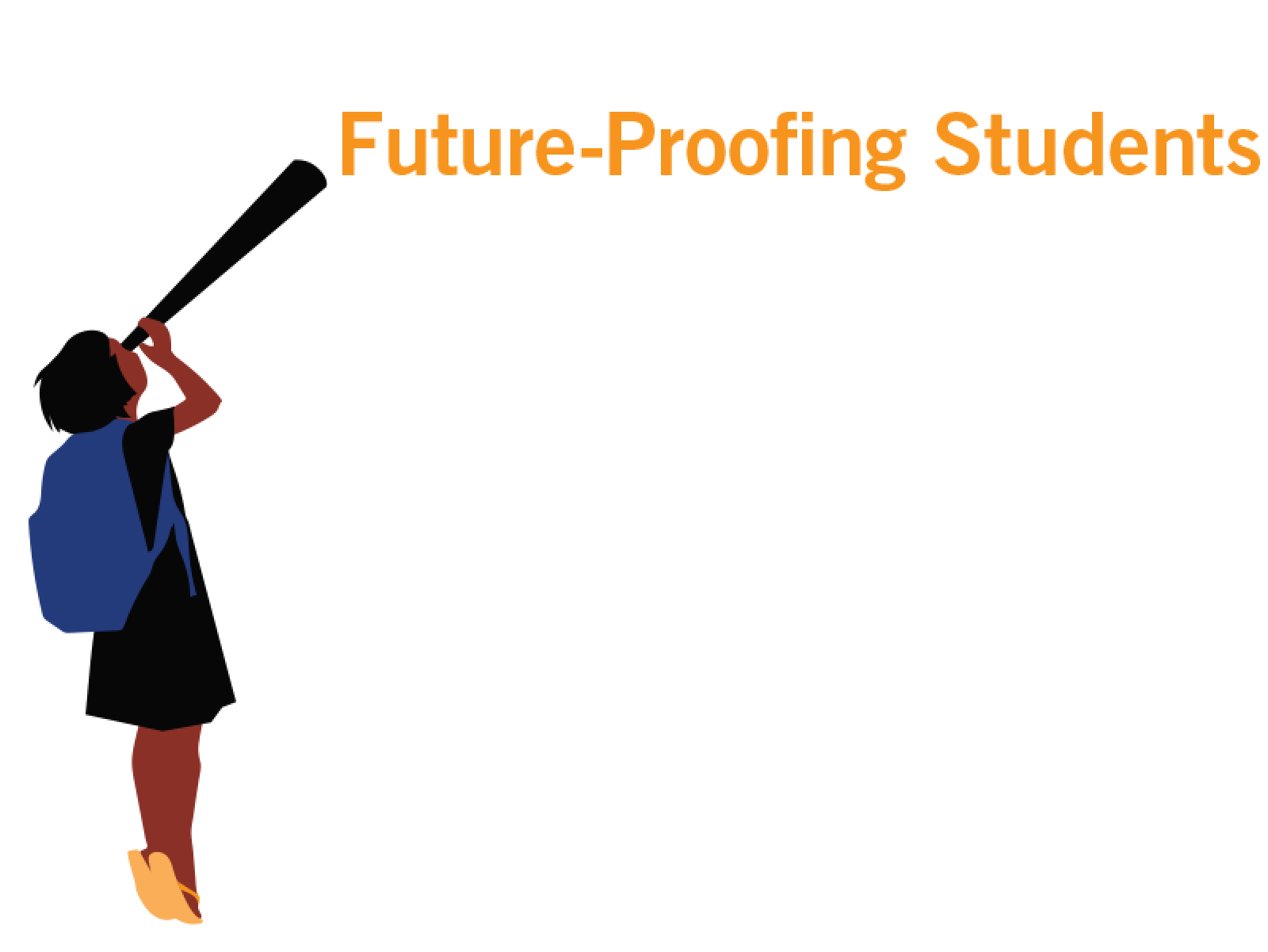

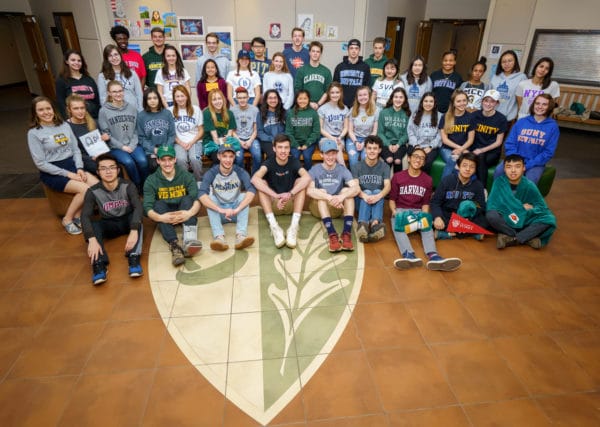 Harley’s Approach to College Counseling
Harley’s Approach to College Counseling “Club Rush” is an afternoon every fall in the Upper School when students have the chance to sign up for clubs for the year, and each year it is very different because new clubs are created based on student initiative and enthusiasm.
“Club Rush” is an afternoon every fall in the Upper School when students have the chance to sign up for clubs for the year, and each year it is very different because new clubs are created based on student initiative and enthusiasm. Each and every year, students at The Harley School participate in HAC Athletics, and their success continues to be impressive, both as students and athletes. Our athletic program is an integral part of Harley, teaching student-athletes invaluable lessons about teamwork, time management, persistence, and competition. Our program allows them to develop physically, mentally, socially, and emotionally as they represent their school on and off the field. They grow, mature, and work hard to be the best teammate they can, while creating lifelong memories with teammates who often remain friends for life.
Each and every year, students at The Harley School participate in HAC Athletics, and their success continues to be impressive, both as students and athletes. Our athletic program is an integral part of Harley, teaching student-athletes invaluable lessons about teamwork, time management, persistence, and competition. Our program allows them to develop physically, mentally, socially, and emotionally as they represent their school on and off the field. They grow, mature, and work hard to be the best teammate they can, while creating lifelong memories with teammates who often remain friends for life. 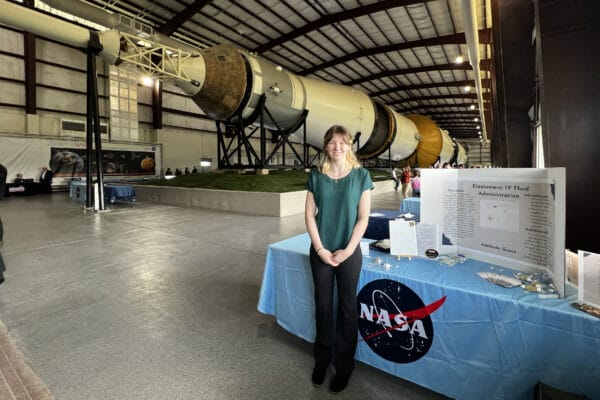 Our Upper School is filled with formal and informal opportunities for students to take on leadership roles. Whether following passions or learning new skills, student-driven opportunities take many shapes.
Our Upper School is filled with formal and informal opportunities for students to take on leadership roles. Whether following passions or learning new skills, student-driven opportunities take many shapes.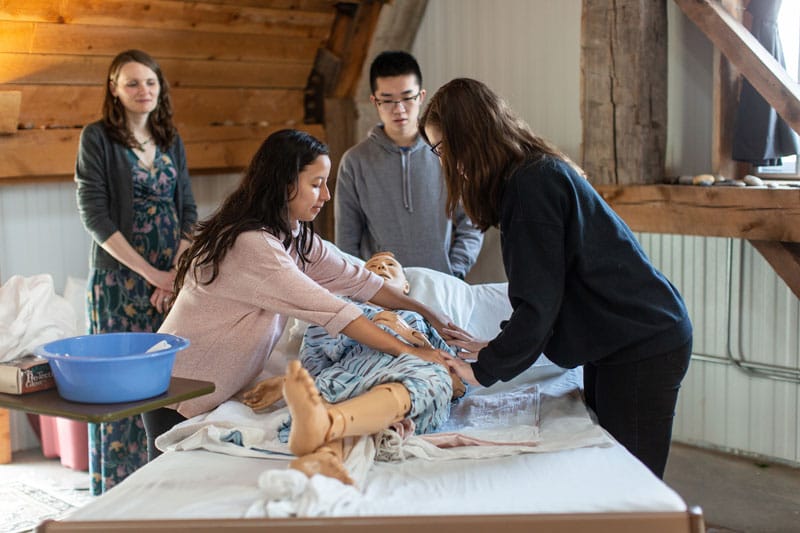 Unlike this class, death is not an elective. Although it is one of two universal human experiences, our culture often ignores, denies, or misconstrues the true nature of death and dying. What happens when we bear witness to this natural process in the cycle of life and develop our ability to be fully present with others when they need us more than ever? It has the potential to change us deeply and fundamentally while shining a brilliant light on the path of our own lives.
Unlike this class, death is not an elective. Although it is one of two universal human experiences, our culture often ignores, denies, or misconstrues the true nature of death and dying. What happens when we bear witness to this natural process in the cycle of life and develop our ability to be fully present with others when they need us more than ever? It has the potential to change us deeply and fundamentally while shining a brilliant light on the path of our own lives.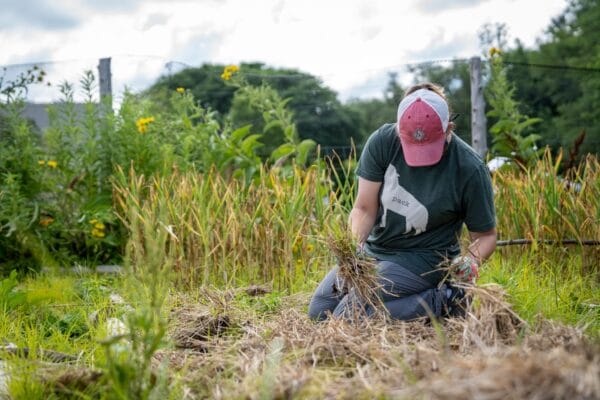 This program utilizes environmentally-focused approaches to education and hands-on learning in order to foster the next generation of leaders through a lens of sustainability and problem-solving.
This program utilizes environmentally-focused approaches to education and hands-on learning in order to foster the next generation of leaders through a lens of sustainability and problem-solving.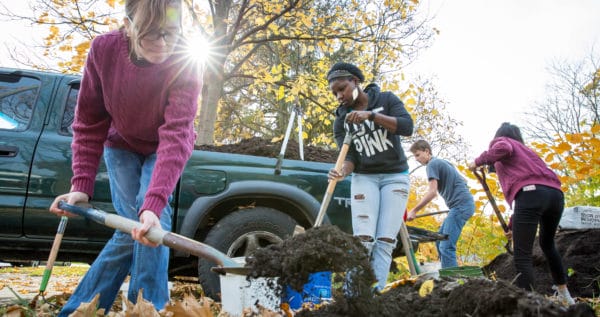 At Harley, our students learn how to evaluate social systems in order to identify complex problems in society through a lens of social justice. They take a hands-on approach to working for a fair, equitable society by researching, exploring and evaluating different perspectives, and offering solutions—both theoretical and practical.
At Harley, our students learn how to evaluate social systems in order to identify complex problems in society through a lens of social justice. They take a hands-on approach to working for a fair, equitable society by researching, exploring and evaluating different perspectives, and offering solutions—both theoretical and practical.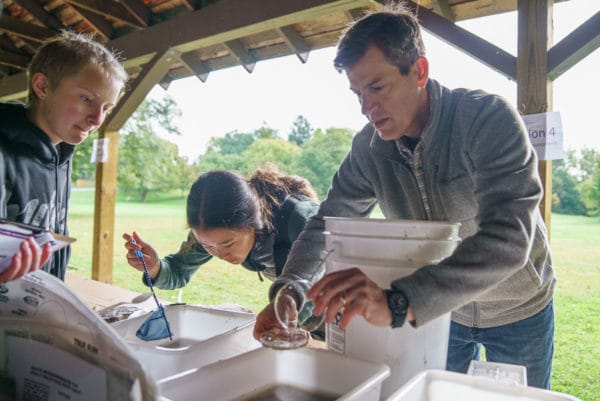 Students may create independent studies with supervising teachers throughout their Upper School experience or, during Grade 12, they can design Capstone projects—intensive collaborations with Harley faculty and off-campus mentors—involving rigorous academic study and culminating in public presentations.
Students may create independent studies with supervising teachers throughout their Upper School experience or, during Grade 12, they can design Capstone projects—intensive collaborations with Harley faculty and off-campus mentors—involving rigorous academic study and culminating in public presentations. 